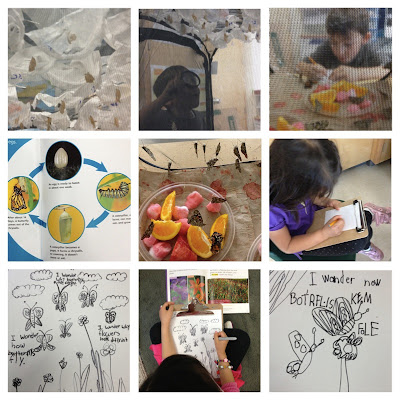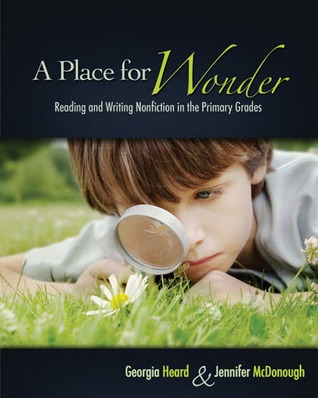Here is where we can begin to share what resonated with us from the text's "Introduction:"
I've included the poem to help spark further discussion...
Straight Lines
All the kindergartners
walk to recess and back
in a perfectly straight line
no words between them.
They must stifle their small voices,
their laughter, they must
stop the little skip in their walk,
they must not dance or hop
or run or exclaim.
They must line up
at the water fountain
straight, and in perfect form,
like the brick wall behind them.
One of their own given the job
of informer--guard of quiet,
soldier of stillness.
If they talk
or make a sound
they will lose their stars.
Little soldiers marching to and from
pretend
their hair sweaty
from escaping dinosaurs
their hearts full of loving the world
and all they want to do
is shout it out
at the top of their lungs.
When they walk back to class
they must quietly
fold their pretends into pockets,
must dam the river of words,
one's they're just learning
new words that hold the power
to light the skies, and if they don't
a star is taken away.
One star
by one star
until night grows dark and heavy
while they learn to think carefully
before skipping, before making a wish.
(Heard & McDonough, 2009, p. 2-3).










